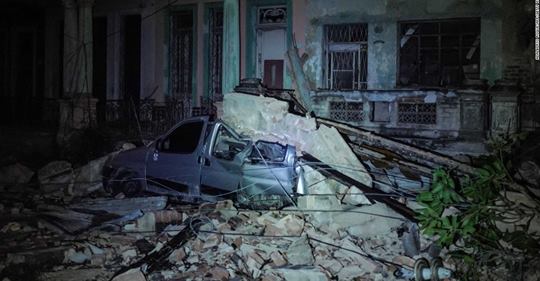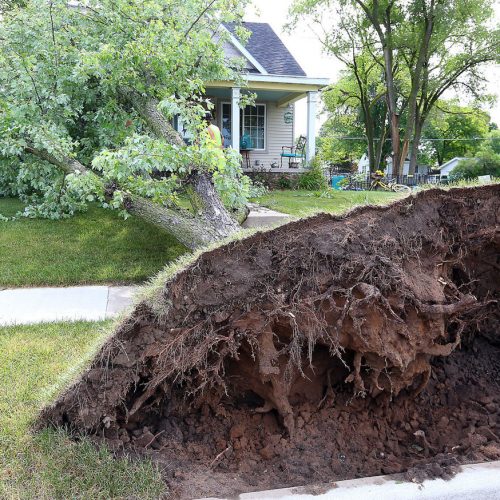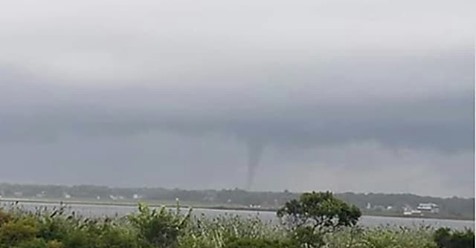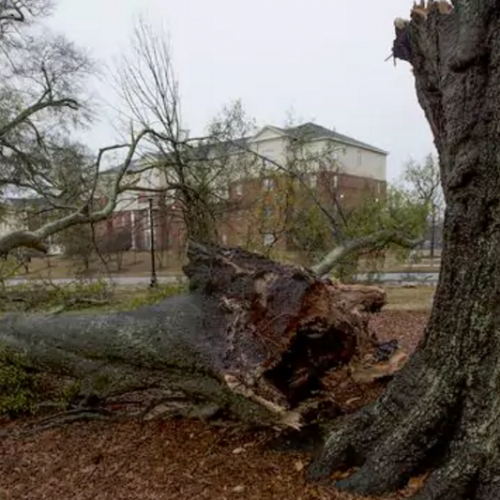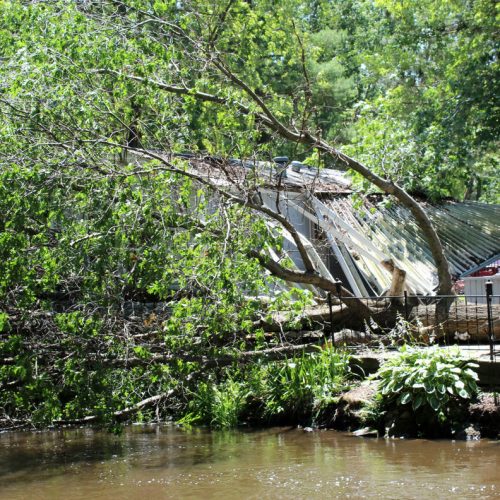(CNN)A rare tornado that hit the Cuban capital, Havana, on Sunday night has left four people dead and 195 injured, officials said.
Dramatic photos show debris covering cars and flooding in coastal zones of the city.
Cuban President Miguel Diaz-Canel visited emergency crews around the city overnight and wrote on Twitter that the damage from the tornado was “severe.”
Strong winds damaged buildings and caused flooding in low-lying areas of Havana, according to a government statement, with the provinces of Pinar del Río, Artemisa and Mayabeque also affected. The AFP news agency reported winds of up to 62 miles per hour.
The Cuban Meteorological Institute will evaluate the extent of the damage and the intensity of the storm, the statement said.
Tornadoes in Havana and, for that matter, all of Cuba are rare. The most common such activity are water spouts that come ashore, but they tend to be much weaker than the weekend’s tornado, said CNN meteorologist Taylor Ward.
Cuban actor Luis Silva said he was driving with his wife and children when the tornado struck.
“I had to avoid fallen trees, floods, strong winds. Until I was able to get home!” he wrote in an Instagram post. “We had a big scare.”
Staff at the Hijas de Galicia maternity hospital evacuated the building because of storm damage, AFP reported.
Locals said the tornado had “the sound of a jet engine,” and they felt changes in environmental pressure as it hit, Armando Caymares of Cuba’s Institute of Meteorology told AFP.
The island nation regularly suffers extreme weather events such as hurricanes and Atlantic storms.
It sits in the Caribbean Sea, which is vulnerable to hurricanes from June 1 to November 30.
In September 2017, 10 people died in Cuba as a result of Hurricane Irma, with seven of these deaths in Havana, according to state television.
Irma made landfall in Cuba as a Category 5 storm, blasting into seaside towns and causing flooding in low-lying areas of Havana. Winds of 125 mph whipped roofs off buildings, ripped trees from the ground and forced evacuations along the coast.
by Jack Guy (2019, Jan 28)

